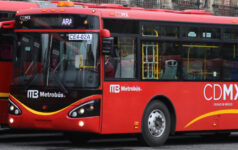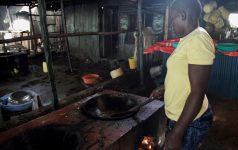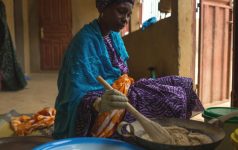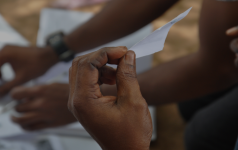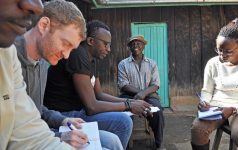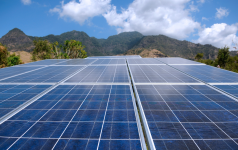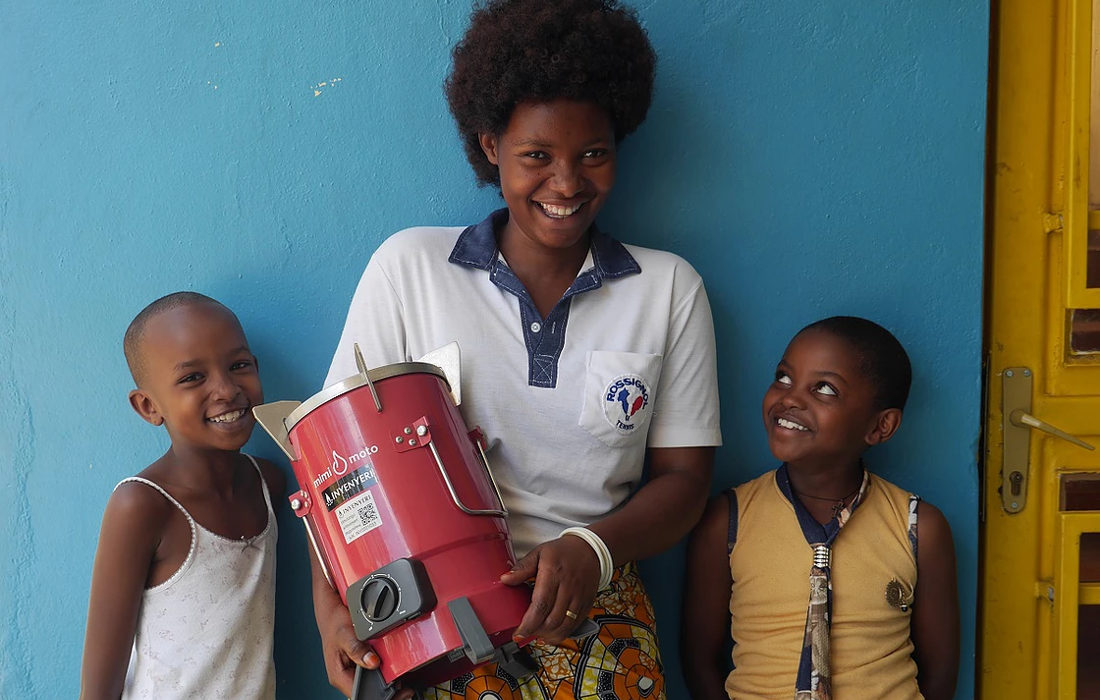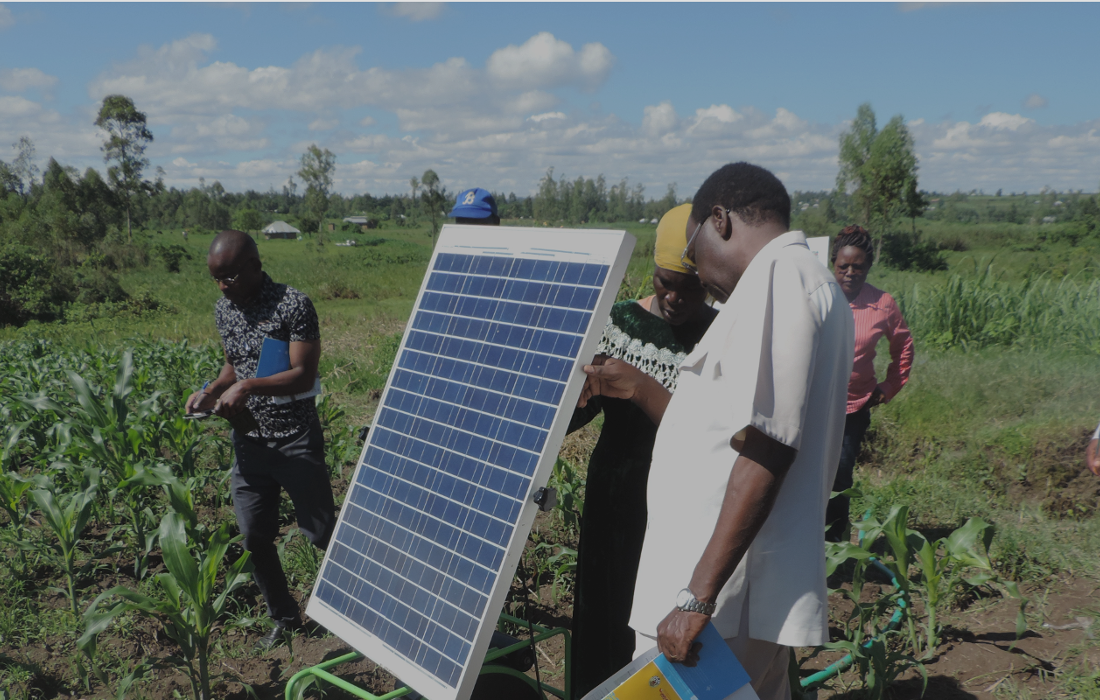Dalberg uses cookies and related technologies to improve the way the site functions. A cookie is a text file that is stored on your device. We use these text files for functionality such as to analyze our traffic or to personalize content. You can easily control how we use cookies on your device by adjusting the settings below, and you may also change those settings at any time by visiting our privacy policy page.
Despite significant efforts, access to electricity remains inadequate across Sub-Saharan Africa and India.
Of the over 1,27 billion people living in Sub-Saharan Africa in 2016, roughly 65% did not have access to electricity.
India has made considerable strides in village-level electrification, with 96% of all villages now electrified. Yet 51 million Indian households (244 million people) still lack access to electricity today.
Lack of electricity has severe economic impacts: the costs of power outages can easily reach 1–2% of GDP. At the local level, studies show that schools without electricity have poorer staff retention and educational outcomes than those with and that electrification has positive effects on household incomes.
At the macrolevel, connectivity, healthcare, agriculture, and small business development are just a few of the sectors that depend on a reliable energy supply. African firms report losing 5% of their sales because of frequent power outage; that figure rises to 20% for informal firms unable to afford backup generation. Given the importance of electricity to economic and social development, many countries have announced ambitious electrification goals – yet challenges remain. For example, India and Nigeria plan to reach universal electrification by 2019 and 2030, respectively. However, these goals rarely align with financial, political, and institutional reality on the ground. Numerous challenges persist, including: insufficient power generation, poor transmission infrastructure, last-mile distribution challenges, affordability of power, and inadequate and inappropriate sector funding.
Achieving universal access will therefore require coordinated efforts by the development community, government, and the private sector. Decentralised renewable energy (DRE) has emerged as an important avenue for addressing electricity challenges and improving access, but policy gaps and challenges impede growth of the sector. The International Energy Agency estimates that the creation of mini-grids can best supply electricity for about 40% of the world’s un-electrified population. Although DRE is taking off in many countries, growth is often stop-start.
Policymakers face many unanswered questions and cite myriad challenges such as availability of finance, insufficient regulatory frameworks, poor policy implementation, and absence of requisite data. The accompanying country briefs, commissioned by Facebook and written by Dalberg Global Development Advisors, provide an overview of the DRE landscape in India, Nigeria, Senegal, and Uganda. They summarize current policies impacting off-grid energy, identify key stakeholders, and detail challenges that inhibit the growth of the sub-sector. They also examine promising initiatives in those countries and outline the key questions on the minds of policy-makers and policy influencers that, if answered, could move the sector forward.
The reports derive from desk research and interviews conducted with key stakeholders from government, civil society, donor agencies, and the private sector in all four countries. It is critical to note that although the country briefs are similar in format, they are not comparative in nature. Rather, they offer an overview of the common challenges across the countries and identify innovative approaches countries have taken to address some of these obstacles – providing a basis for cross-country learning.

